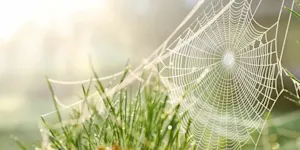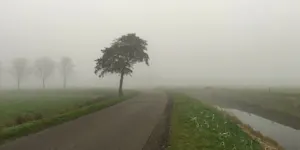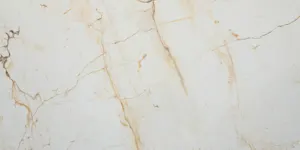What Makes This Word Tick
The word "creak" is the aural equivalent of a rusty hinge or an old wooden floorboard that hasn't made a new friend in quite some time. It's an onomatopoeic word, meaning it sounds like what it describes—a faint, high-pitched, sometimes alarming sound that calls attention much like a whisper in a crowded room.
If Creak Were a Person…
Creak would be that neighbor who insists on wearing his vintage leather jacket, not for fashion, but because it fits like an old friend. He enjoys telling stories of the past and might be a tad stubborn about getting new shoes because his favorites have character, even if they do let out a groan with every step.
How This Word Has Changed Over Time
"Creak" has maintained its sonic essence over the years. It's one of those steadfast words that hasn’t morphed dramatically in meaning or form, always keeping its focus on sounds associated with aging or tension. Its reliability parallels the noise it describes—familiar and dependable, if slightly worn around the edges.
Old Sayings and Proverbs That Use Creak
While "creak" doesn't star in many proverbs and sayings, it plays a supporting role in the familiar "if it ain't broke, don't fix it" mentality. It's like that jittery voice that reminds you some things are better left as they are, despite their imperfections.
Surprising Facts About Creak
Did you know creaking is often produced by materials rubbing together, their fibers moaning under pressure or lack of lubrication? And despite its reputation, this sound can indicate stability, as in trees creaking in the wind but standing firm thanks to their deep roots.
Out and About With This Word
Creaks are the hallmark of haunted houses and tales of suspense. They're the soundtrack to tip-toeing through old mansions or exploring forgotten ships. If you're a detective in a noir film, a creak is as crucial as a clue—it signals you're hot on the trail of something mysterious.
Pop Culture Moments Where Creak Was Used
Think of the countless horror films where creaking doors set the scene for impending doom. There's a familiar chill in the air when the creak of a staircase is heard just before a jump scare. It's a sound directors love to harness, knowing it never fails to unnerve an audience.
The Word in Literature
Creaks populate the pages of gothic novels like Brontë's "Jane Eyre" or any tale penned by Edgar Allan Poe. The moodiness of a creak complements these stories’ atmospheres like fog does a moor. It echoes deftly in settings where suspense must hang in the air like a thick, palpable mist.
Moments in History with Creak
Imagine the Mayflower’s timbers creaking as it sailed across the Atlantic, or the sound reverberating through the silent nights of a pioneering homestead. Each creak tells a story of perseverance and wary hope as history's passages navigate their unsteady course.
This Word Around the World
In Japan, old temples with "nightingale floors" creak to alert residents of intruders. In the UK, "creaky" might describe an institution or process that’s a bit outdated, needing more than just a metaphorical oiling. Different places, but always a sound that captures the uneasy balance of old and new.
Where Does It Come From?
The word "creak" has been creaking around since the 14th century, from the Middle English "creken." It’s etymologically related to Old Norse "kraka," meaning to croak—a cousin to both frogs and ancient hinge mechanisms alike.
How People Misuse This Word
People sometimes misuse "creak" when they really mean "crack," as in mixing up the sound of a door gently lamenting versus wood or bones suffering a sudden split. It’s a subtle but audible difference.
Words It’s Often Confused With
Crack: Releasing a sharp, sudden noise, more like a whip than the lingering protest of something creaking.
Squeak: Tends to be higher-pitched, like a toy or a mouse, suggesting a struggle for attention.
Groan: Has a deeper pitch and usually implies human involvement or sentiment, rather like a dramatic sigh.
Additional Synonyms and Antonyms
Synonyms for "creak" could include "squeak," "groan," or "grate." As for antonyms, think "silence," "smoothness," or even "hush," which evokes the absence of sound rather than the presence of noise.
Want to Try It Out in a Sentence?
"The old farmhouse seemed to breathe as the wind passed through its eaves, each creak a conversation between the timbers and the night."
















